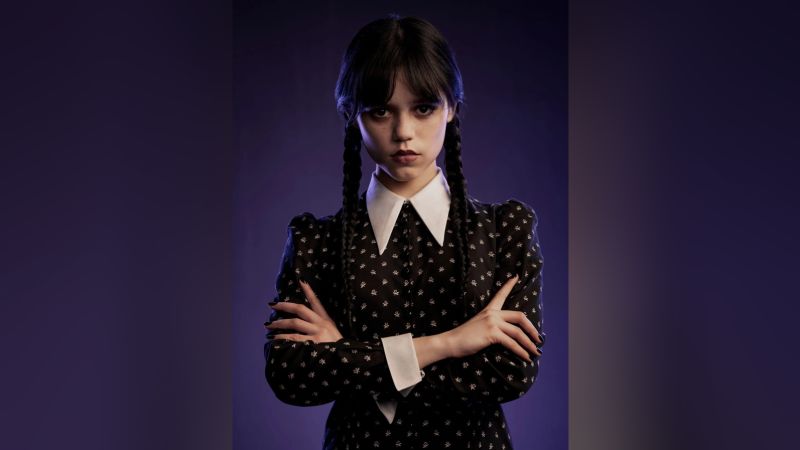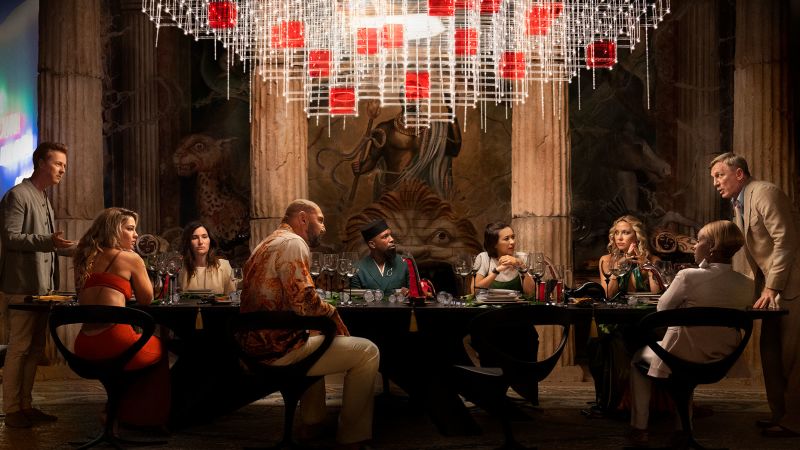In the scant saved daylight of the winter months a wide world of daytime concert options awaits. And I share them with you here not just to vastly improve your lunch breaks and closely guard your bedtimes, but also to offer an observation: Morning music just hits different.
What is it about the matinee that so enhances the experience of music? It could be that our attentions are most receptive early in the day, our senses and sensitivities most attuned and more awake to the world. Maybe it’s the deep-rooted nostalgia of Sunday mornings, the church organs and choirs of my youth. Or maybe it’s the thermos of coffee I carry around in my bag. Whatever the cause, the jump-start of a matinee can feel less like a passive entertainment than a nourishing meal. There’s also something to be said for leaving a concert and having an actual day waiting for you outside. (What good is the rejuvenating power of music an hour before bed?)
Below, find a selection of ostensible “work lunches” to make your calendar look like the work of a very productive person. And since time is of the essence when it comes to escaping the office, I’ve arranged these down to the minute.
There’s a quiet magic to the Kennedy Center by day — the long shafts of light falling through the tall windows, the stillness of the grand corridors, the smell of coffee from the concession stand. Each season the National Symphony Orchestra nudges a few of its Friday engagements to the other side of noon for a series of “Coffee Concerts,” and they’re a fine way to experience some season highlights bright and early.
On Jan. 12, Gianandrea Noseda leads Lorin Maazel’s 75-minute “Ring Cycle” reduction, “The Ring Without Words.” On April 12, conductor Xian Zhang leads Dvořák’s Ninth Symphony, with guest saxophonist Steven Banks playing a concerto by Billy Childs. On May 3, Manfred Honeck, whose Bruckner recordings have earned multiple Grammy nominations, conducts Bruckner’s unfinished Ninth, and concertmaster Nurit Bar-Josef takes on Beethoven’s “Romances.” And on May 31, Noseda will lead a morning performance of Mahler’s Seventh — a rare opportunity to hear the composer’s “Song of the Night” by the light of day.
From January to June, the Church of the Epiphany holds its free weekly Epiphany Tuesday Concert Series, which brings an impressive lineup of solo, chamber and choral talents to its soaring sanctuary — taking advantage of its 64-rank Aeolian-Skinner organ, nine-foot Steinway D concert grand piano and three-rank Slovenian chamber organ. The 45-minute performances include solo performers, chamber music and visiting choirs, and often feature faculty musicians from the Levine Music school.
Upcoming highlights include trumpeters Mathew Baker and Michael Harper with organist Jinsun Cho performing works by Bizet, Turrin and Bach (Jan. 9); and the Tiger Lily Trio playing a program of works for trio by living female composers (Jan. 16).
(If you get sucked into a meeting and miss one, you can always catch up at the Epiphany’s YouTube page.)
The Epiphany also plays host on select Tuesdays to the Washington Bach Consort’s trusty (and free) Noontime Cantata Series (which also takes place select Mondays at St. Mark’s Capitol Hill). The series starts up again on March 5 with organist Jeffrey Kempskie, soprano Katelyn Grace Jackson, alto Kristen Dubenion-Smith, tenor David Evans and bass Jason Widney performing Bach’s “Sehet! Wir gehen hinauf gen Jerusalem” (BWV 159), roughly 295 years after it was first performed in Leipzig.
From September to May, on the first Wednesday of each month, you can disappear to St. John’s Church in Lafayette Square for its free Midweek Music series, which packs a lot of variety into its 35-minute concerts. On Feb. 7, the DC Singers Collective presents a cautionary pre-Valentine’s program titled “The Plague of Love,” built on works by Claudio Monteverdi and Barbara Strozzi. The Air Force Strings (March 6) and the U.S. Army Chorus (May 1) will make appearances. St. John’s also streams its concerts on YouTube.
For offerings edging into the early afternoon, it’s worth keeping an eye on the concert calendar at the National Gallery. The museum’s West Garden Court hosts a free series of short afternoon concerts through the spring, often connected to exhibition programming.
On Jan. 21 the Vega String Quartet will perform two afternoon sets, featuring Mozart’s String Quartet in B-flat Major (a.k.a. “The Hunt,” K. 458) and Piano Quartet in G Minor (K. 478) as part of “Mozart and Mark,” a series exploring the relationship between the composer and the work of painter Mark Rothko. The Maryland Opera Studio continues the series on Jan. 28 with a program of Mozart arias.
On Feb. 3 at 1:30 p.m. at the Gallery’s East Building mezzanine, the DC Youth Orchestra’s Young Virtuosi Chamber Orchestra (under the direction of Evan Ross Solomon) will perform a short program of works by Joseph Bologne, Chevalier de Saint George, Scott Joplin and Samuel Coleridge Taylor.
After 85 years of constant use, the grand 1938 Skinner pipe organ at Washington National Cathedral is undergoing a much-deserved and sorely needed top-to-bottom renovation (only two-thirds of the organ’s pipes still function properly).
In the interim (i.e. until 2028) the cathedral will rely on a custom-built fully digital organ, and if you’d like to hear it in action, the spring offers several midafternoon opportunities. The cathedral welcomes listeners to wander in for its open organ recitals — often a chance to hear some of the nation’s greatest players. On Feb. 18, a President’s Day rehearsal will welcome Kola Owolabi, professor of organ at the University of Notre Dame. And on March 31, cathedral organist and associate director of music Thomas Sheehan will join organ scholar Rebecca Ehren for a program celebrating the organ’s own auspicious resurrection. (All rehearsals can also be live-streamed on YouTube.)



